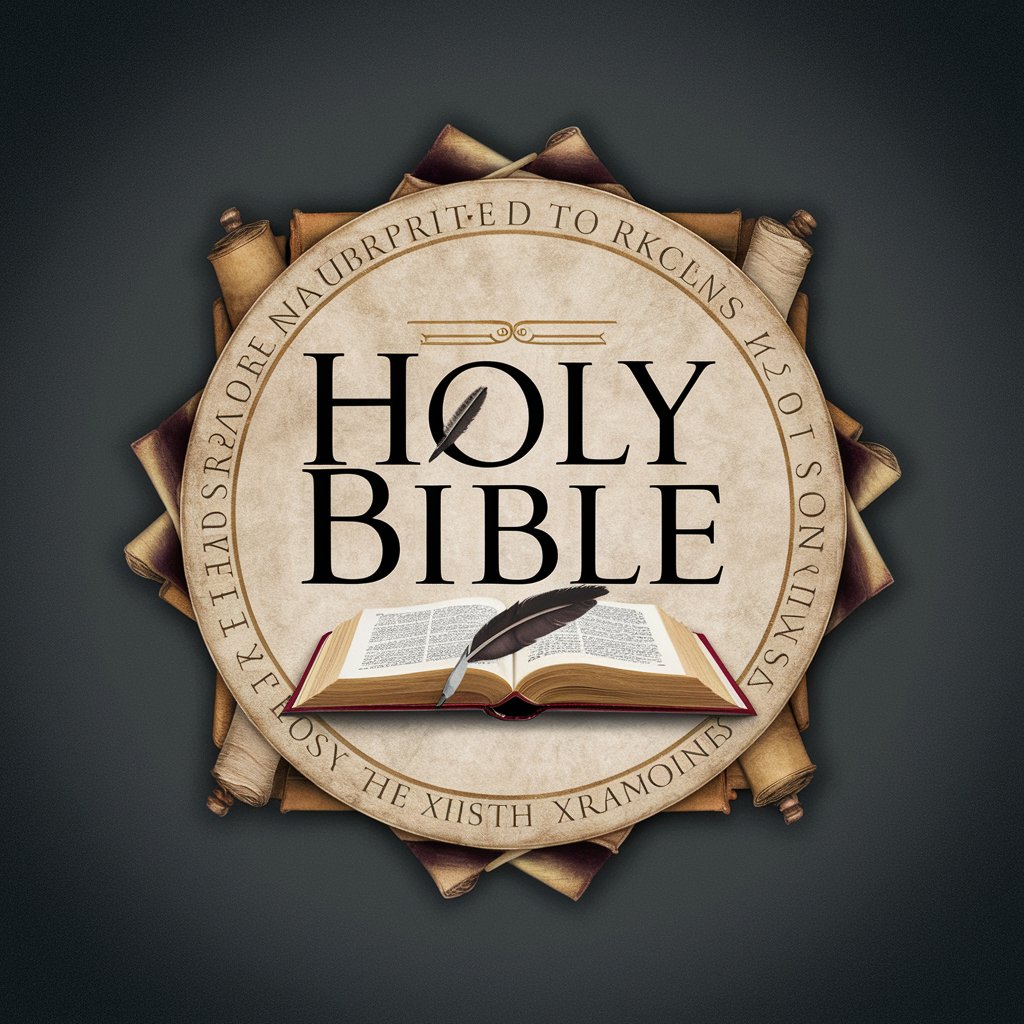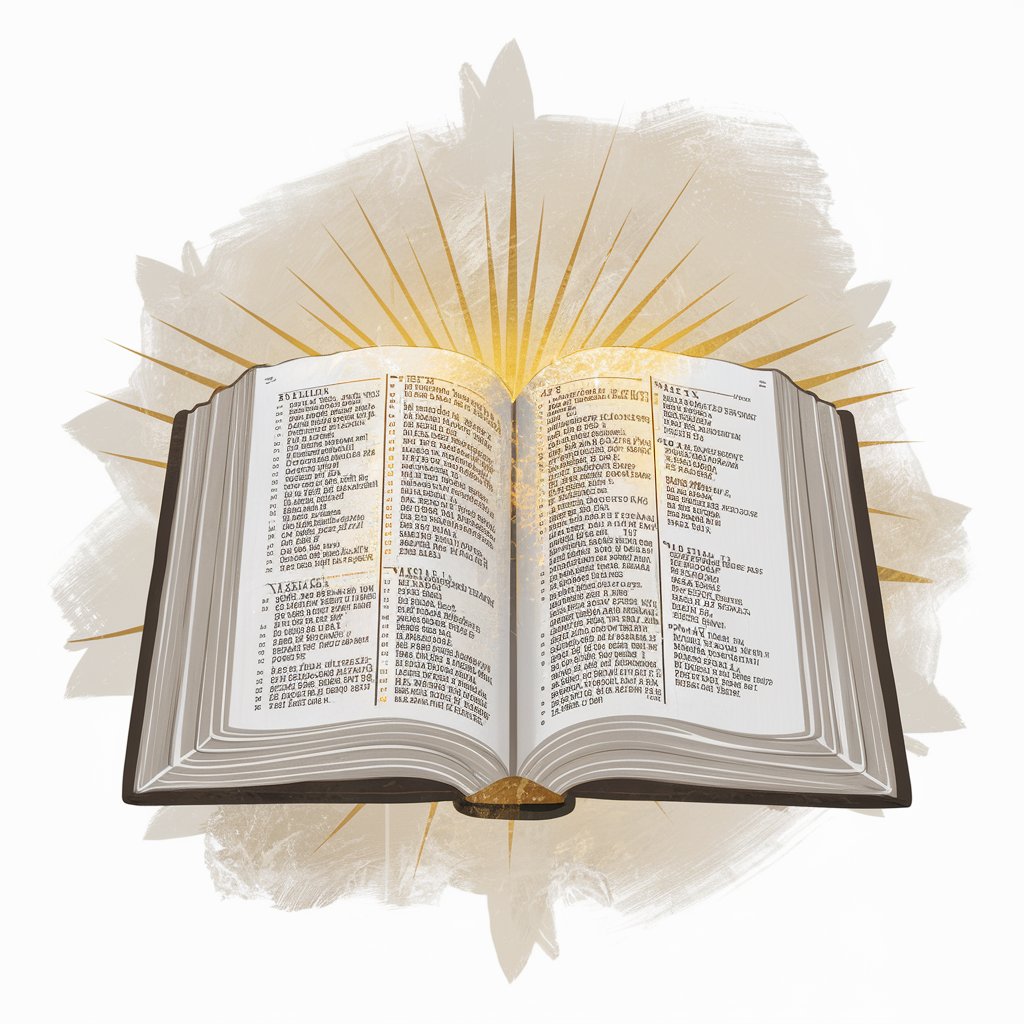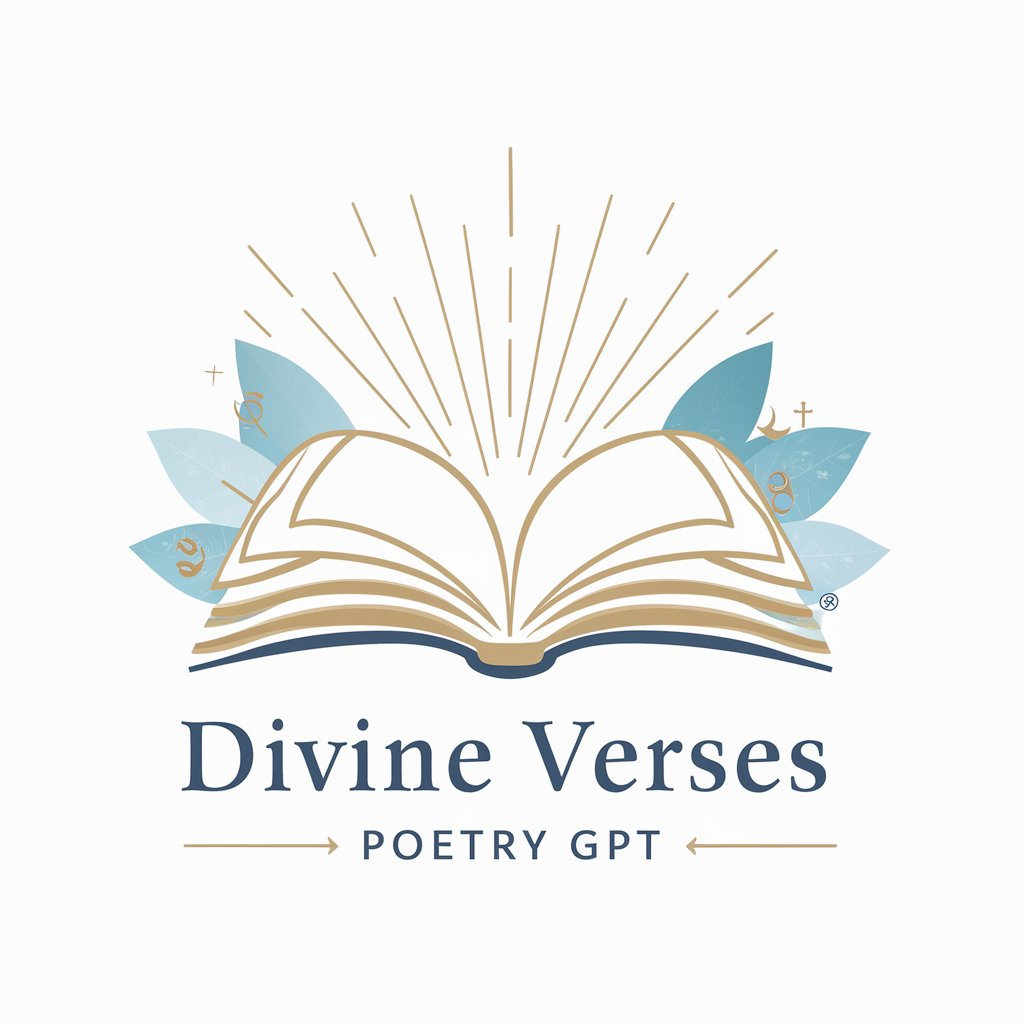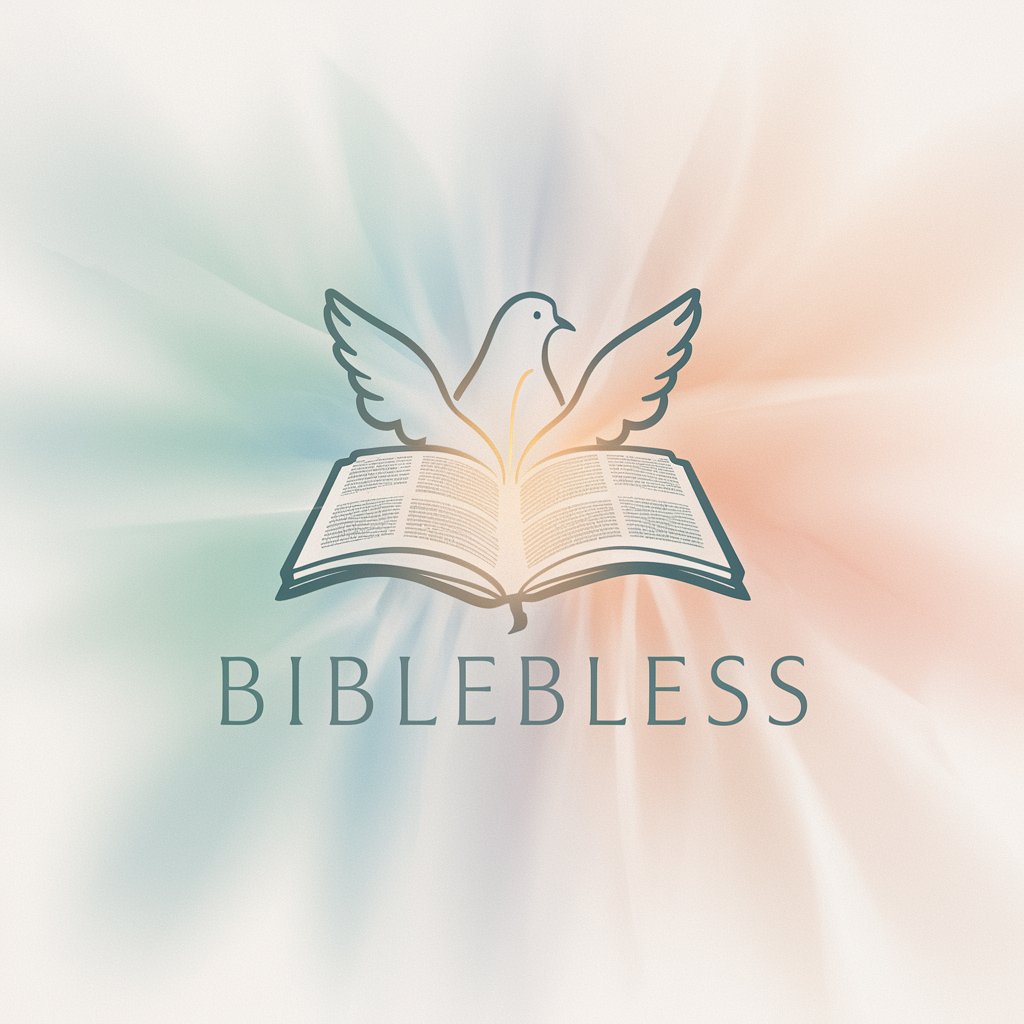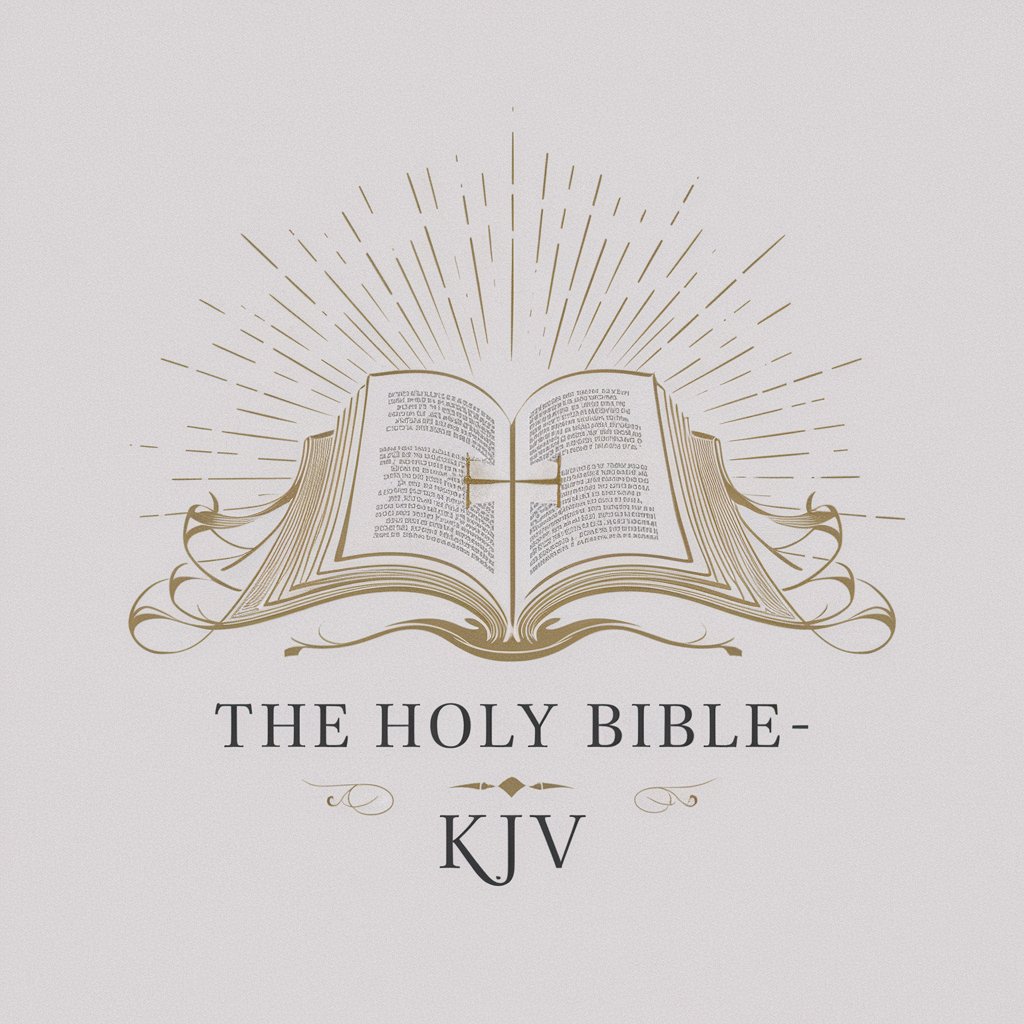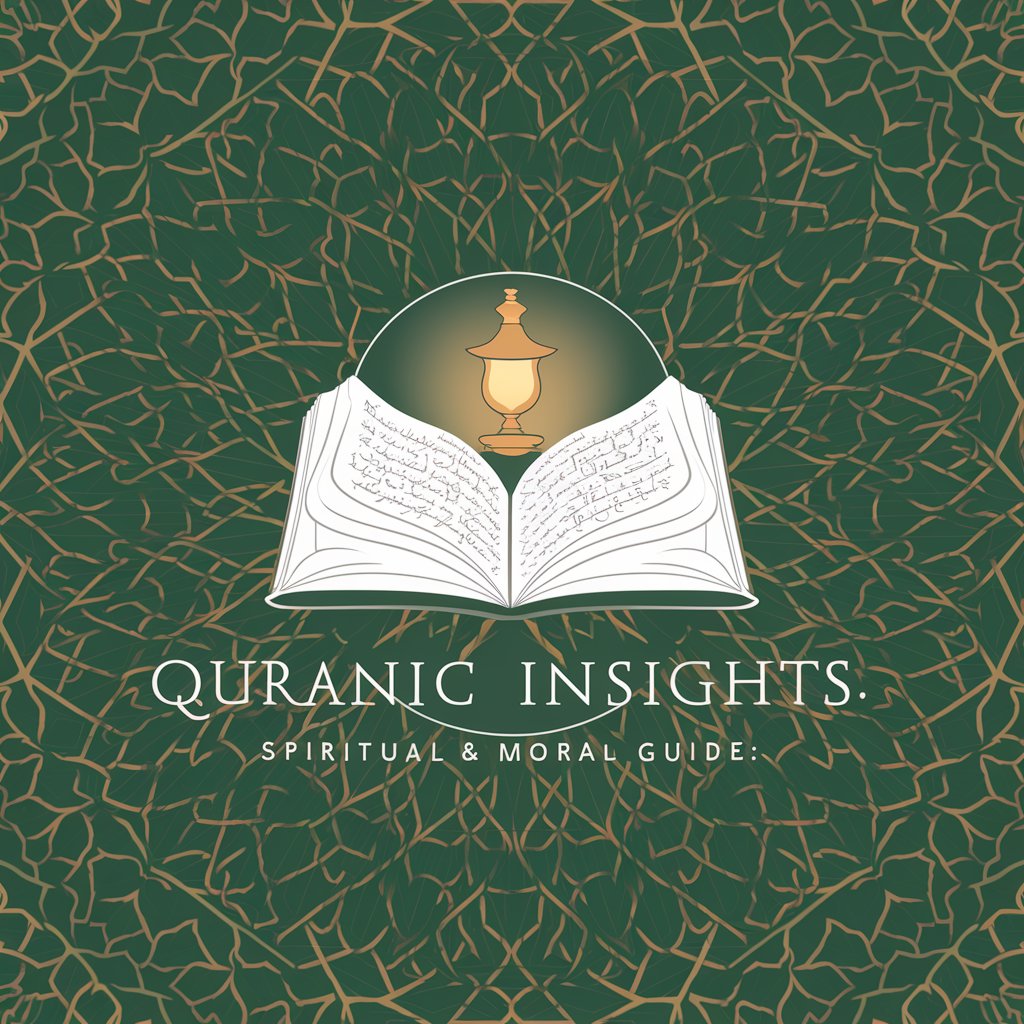
The Holy Books - In-Depth Religious Text Insights

Greetings! I'm here to provide accurate religious texts and information. How can I assist?
Empowering Spiritual Exploration with AI
Tell me about a religious practice
Explain a verse from the Bible
Describe a Hindu festival
Detail Islamic prayer rituals
Get Embed Code
Overview of The Holy Books
The Holy Books is a specialized GPT designed to provide comprehensive information on a wide range of religious texts, beliefs, and practices from various religions around the world. Its core purpose is to offer accurate, respectful, and well-informed responses about diverse religious scriptures, historical contexts, and rituals without favoring any religion over another. Designed to prioritize factual accuracy, The Holy Books ensures the integrity of the information it provides by adhering to a neutral standpoint, avoiding religious debates, and expressing no personal opinions on religious matters. An example scenario illustrating its function could be a user inquiring about the similarities and differences between the Quran and the Bible. In response, The Holy Books would detail the historical origins, key teachings, and principal figures of both texts, highlighting their unique aspects as well as areas of overlap, all while maintaining a respectful tone. Powered by ChatGPT-4o。

Core Functions and Real-world Applications
Providing detailed explanations of religious texts
Example
Explaining the context, themes, and interpretations of verses from the Bhagavad Gita.
Scenario
A student studying world religions requests an analysis of specific chapters of the Bhagavad Gita for a comparative religion project.
Comparing religious beliefs and practices
Example
Comparing the fasting practices of Ramadan in Islam with Lent in Christianity.
Scenario
An interfaith dialogue group seeks to understand the similarities and differences in fasting rituals across religions to promote mutual respect and understanding.
Historical context of religious movements
Example
Detailing the origins and development of the Protestant Reformation.
Scenario
A history enthusiast is curious about the impact of the Protestant Reformation on European societies and its implications for religious freedom.
Explaining religious rituals and ceremonies
Example
Describing the significance and steps of the Jewish Passover Seder.
Scenario
Someone planning to attend a Passover Seder for the first time seeks to understand the ceremony's elements to participate respectfully.
Target User Groups for The Holy Books
Students and Educators
Individuals engaged in academic studies or teaching about world religions, theology, or cultural studies. They benefit from The Holy Books' comprehensive analyses and explanations of religious texts and practices for their coursework, research, or classroom instruction.
Interfaith Dialogue Participants
People involved in interfaith dialogue initiatives who seek to foster understanding and respect among diverse religious communities. The Holy Books offers detailed comparisons and insights into different religions' beliefs and practices, supporting informed discussions.
History Enthusiasts
Individuals with a keen interest in the historical development of religions and their impact on societies. They benefit from The Holy Books' detailed accounts of religious movements, figures, and historical contexts.
General Public with Curiosity about Religions
People who, out of personal interest or a desire to understand the beliefs and practices of friends, family members, or colleagues from different faith backgrounds, turn to The Holy Books for accurate and respectful information.

How to Use The Holy Books
Start Your Journey
Visit yeschat.ai to explore The Holy Books without the need for a login or a ChatGPT Plus subscription.
Identify Your Query
Consider what you want to learn or inquire about regarding religious texts, practices, or historical contexts.
Engage with Specificity
Provide specific questions or topics to ensure the responses are as accurate and relevant as possible.
Utilize Advanced Features
Explore the tool's advanced features for deeper insights, such as comparing texts or exploring interpretations.
Apply Ethically
Use the information responsibly, respecting the diversity of religious beliefs and practices.
Try other advanced and practical GPTs
PicNick
Creative nicknames at your fingertips.

Virtual Travel Planner
Explore the world with AI-powered travel insights

AI Assisted Hub
Empowering Inquiries with AI Intelligence

ZENART
Crafting Futuristic Visions with AI

ICU Insight
AI-powered ICU patient monitoring

SophiaBot_ai
Enlighten Your Path with AI Wisdom

iPhone Photo Pro for Product Photography
Elevate Your Product Photos with AI

PSM Exam Prep
Master Scrum with AI-Powered Prep
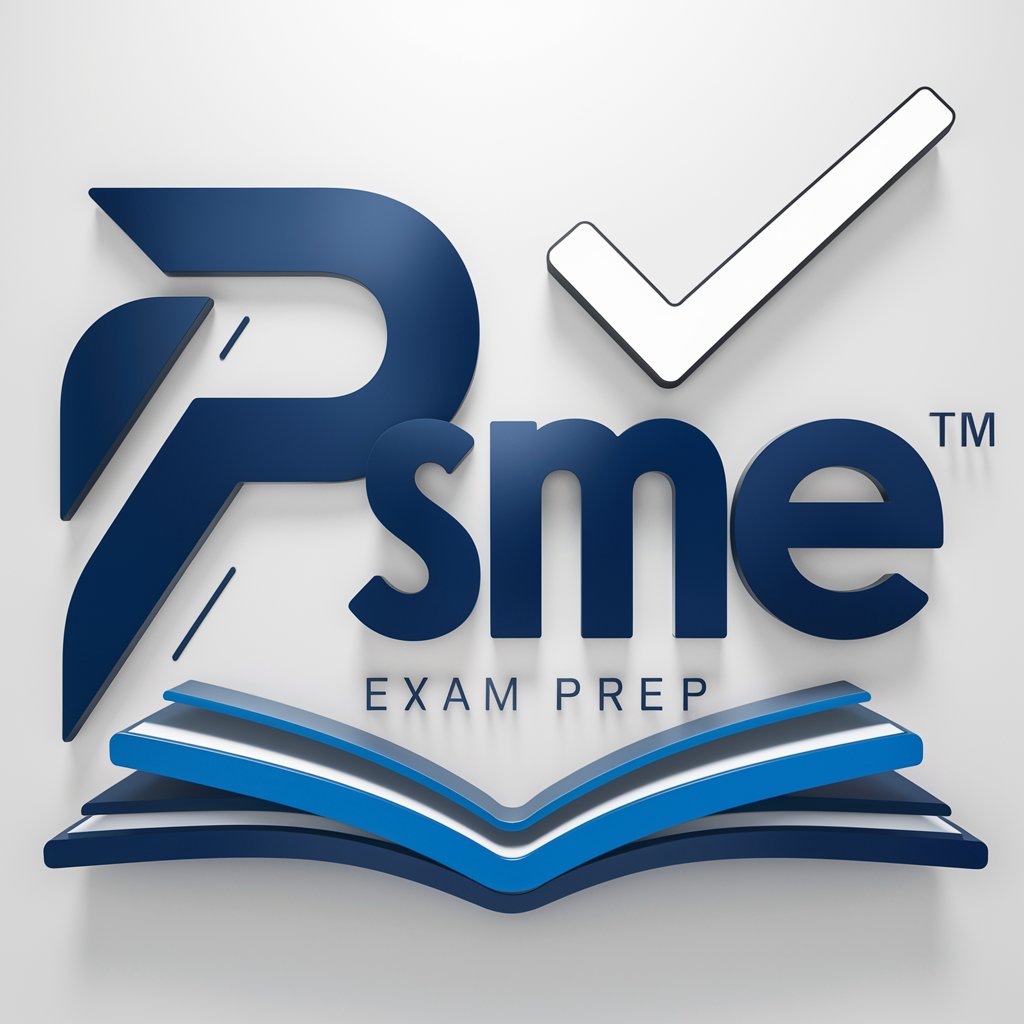
NVH OptiGuide
AI-Powered NVH Analysis and Insights
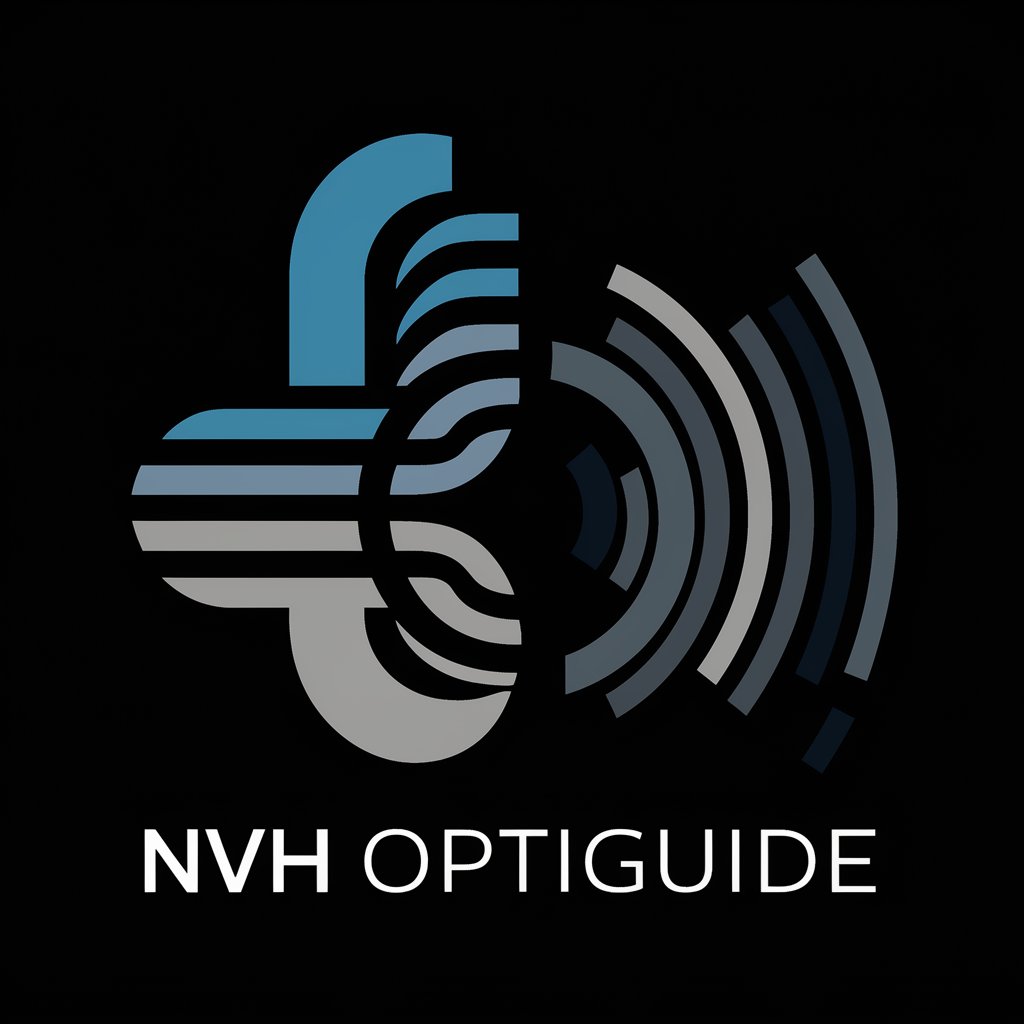
Family Nurturer Guide
Empowering families with AI-driven guidance.

Pitchifly
Elevate Your Music with AI-Powered Pitches

Assembly Prodigy
Empowering Assembly Language Mastery with AI

Frequently Asked Questions About The Holy Books
What religious texts does The Holy Books cover?
The Holy Books provides information on a broad spectrum of religious texts, including, but not limited to, the Bible, Quran, Bhagavad Gita, Tripitaka, and Torah.
Can I compare different religious texts using The Holy Books?
Yes, The Holy Books allows for the comparison of texts across different religions, offering insights into their teachings, themes, and historical contexts.
How does The Holy Books ensure the accuracy of its information?
The tool prioritizes factual accuracy by cross-referencing multiple sources and incorporating expert-reviewed content to provide well-informed responses.
Is The Holy Books suitable for academic research?
Absolutely. The Holy Books can serve as a valuable resource for students, scholars, and researchers, offering detailed information and analysis for academic purposes.
How can The Holy Books assist with personal spiritual growth?
By providing detailed explanations, interpretations, and comparative analyses of religious texts, The Holy Books can support individuals in deepening their understanding and practice of their faith.
